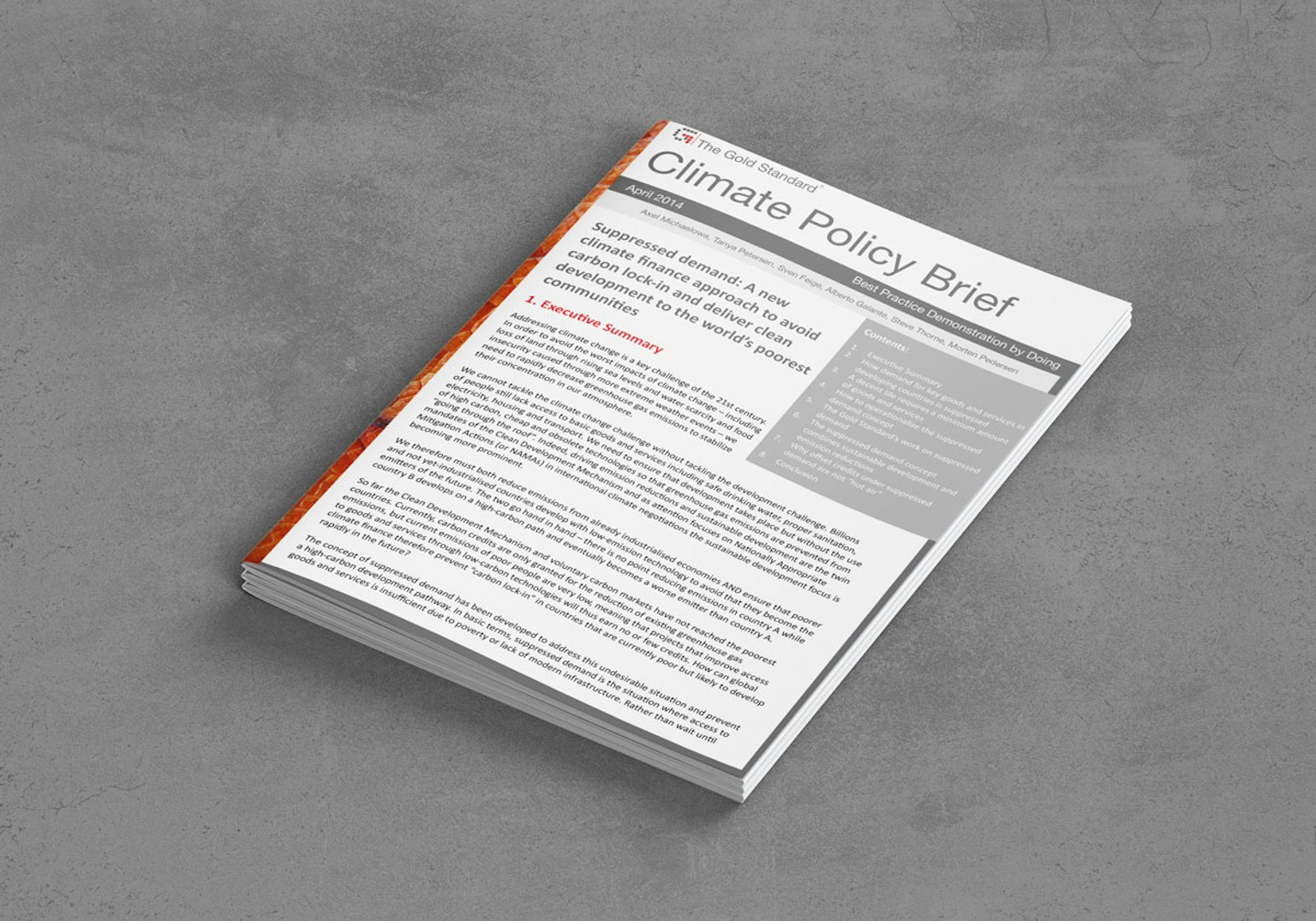
As part of a three-year project funded by the German Federal Ministry for the Environment, Nature, Conservation, Building and Nuclear Safety (BMUB), aimed at helping poorer nations gain access to climate finance, we have published a new policy paper outlining the concept of suppressed demand.
In basic terms, suppressed demand is the situation where energy services provided are insufficient – due to poverty or lack of access to modern energy infrastructure – to meet the human development needs of a population.
Without suppressed demand, poorer regions, which have historically emitted less GHG from burning fossil fuels, would have to increase their emissions before they could raise substantial carbon revenues—a perverse incentive and an undesirable development pathway. Therefore, suppressed demand in the carbon market can increase climate financing and support clean development to some of the world´s poorest regions.
For a summary of our outputs from this three-year research, technical development and capacity-building programme with BMUB
